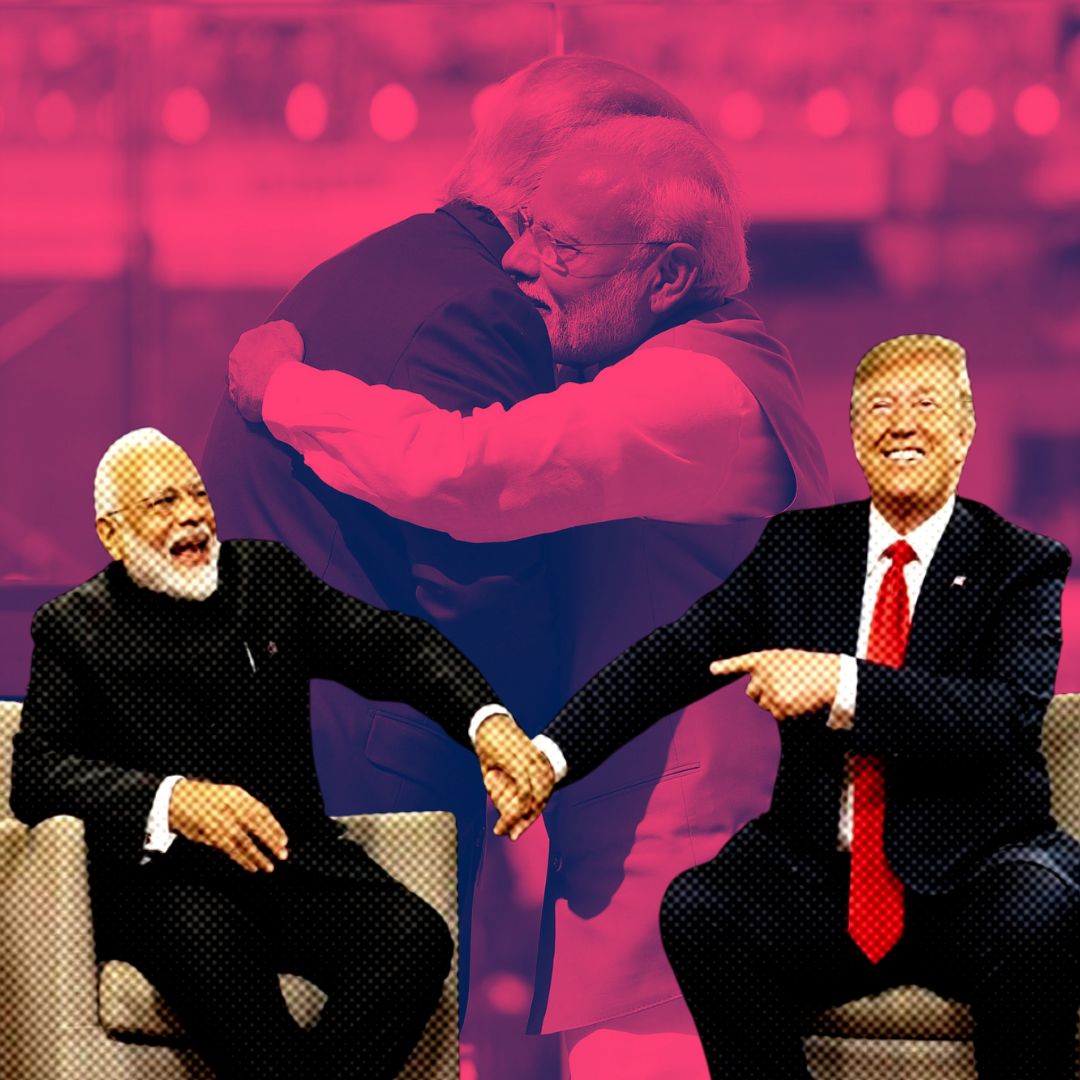Donald Trump has emerged victorious in the 2024 U.S. presidential election, defeating Vice-President Kamala Harris. This development brings a mix of implications for India, highlighting both opportunities and challenges in the evolving India-U.S. relationship.
Positive Aspects of Trump’s Presidency for India
1. Strengthened Foreign Policy Ties
Trump has consistently advocated for a robust India-U.S. relationship. During his previous term, he signed significant defence agreements with India and revitalised strategic partnerships like the Quad. His firm stance against China aligns with India’s interests, and he is expected to maintain this approach moving forward. Additionally, Trump’s connections with Russian President Vladimir Putin could ease Western pressure on India regarding its ties with Russia, especially in light of India’s neutral stance during the Ukraine conflict.
2. Reduced Political Interference
Trump’s presidency was characterised by minimal commentary on India’s domestic politics, which often frustrates New Delhi. Unlike previous administrations, he refrained from criticising India’s actions, such as the revocation of Article 370 in Kashmir. This hands-off approach may allow India to navigate its internal matters without external scrutiny.
3. The Modi-Trump Relationship
The personal rapport between Prime Minister Narendra Modi and Trump could further stabilise diplomatic ties. Their past interactions, marked by mutual respect and camaraderie during events like “Howdy, Modi!” and “Namaste Trump,” suggest that their relationship could facilitate smoother negotiations on various fronts.
Challenges Ahead
1. Trade Tensions
Trump’s “America First” policy may lead to increased trade friction between the two nations. He has labelled India as a “tariff king,” expressing dissatisfaction with high Indian tariffs on U.S. imports. His proposed tariffs could shrink India’s GDP by an estimated 0.1% by 2028 if implemented, particularly affecting sectors like IT and pharmaceuticals that rely heavily on the U.S. market.
2. Immigration Policies
Under Trump’s administration, immigration policies may become more restrictive, particularly concerning H-1B visas crucial for Indian professionals in the tech industry. His previous efforts to tighten visa regulations could resurface, impacting thousands of Indian workers seeking opportunities in the U.S. Although Trump has hinted at making immigration easier, his unpredictable nature leaves many uncertainties for Indian immigrants.
3. Unpredictability in Foreign Relations
Trump’s unpredictability poses a significant risk to international relations. His past offers to mediate between India and Pakistan over Kashmir were unwelcome in New Delhi, and his approach to alliances has often been contentious. There are concerns that his foreign policy could undermine U.S. commitments in Asia, potentially benefiting China—a scenario that would not align with India’s strategic interests.
Additional Considerations
1. Regional Security Dynamics
Trump’s policies might impact regional security in South Asia significantly. His stance on Pakistan and China could alter India’s strategic calculations, particularly regarding military support or arms sales from the U.S., which are vital for India’s defence posture.
2. Climate Change and Environmental Policies
Trump’s approach to climate change may differ markedly from that of the Biden administration, potentially affecting global climate cooperation crucial for India as it faces its own environmental challenges.
3. Technology and Cybersecurity Cooperation
There is potential for increased collaboration in technology and cybersecurity between India and the U.S. under Trump. Given the rising importance of technology in national security, this could become a critical area for bilateral engagement.
4. Public Sentiment and Diaspora Impact
The return of Trump may affect the Indian diaspora in the U.S., particularly regarding public sentiment towards immigration policies and community relations, adding a human dimension to political analysis.
5. Economic Growth and Investment Opportunities
Trump’s economic policies may influence foreign direct investment (FDI) from the U.S. to India, impacting various sectors differently based on his trade policies.
Conclusion
As Donald Trump resumes the presidency, India faces a complex landscape characterised by both potential benefits and significant risks. While strengthened defence ties and reduced political interference may foster closer relations, trade tensions and immigration challenges could complicate the partnership. Additionally, factors such as regional security dynamics, climate change policies, technology cooperation, public sentiment among the diaspora, and economic opportunities will play crucial roles in shaping this relationship.
How do you think India should navigate this multifaceted relationship with the U.S.? Your thoughts could contribute to a constructive dialogue on this important issue.











